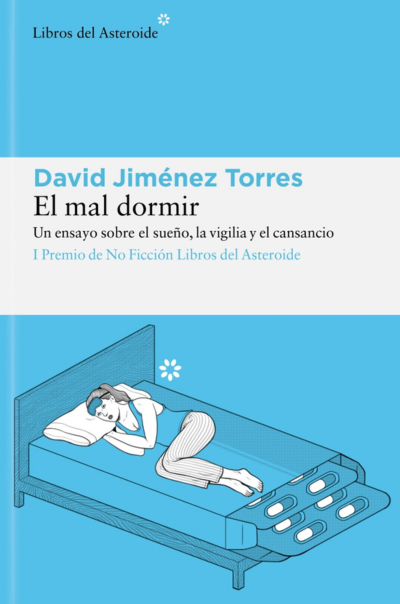Just two weeks ago while in the midst of a health emergency, an intervention in favor of cuts to defense spending was again heard in the Congressional tribunals. «[We need] Fewer members of the Civil Guard and the Army on patrol to provide peace of mind and more resources for health personnel who today are clamoring for more resources to be able to exercise their profession with dignity, which is to save us all.» With these words, the congressman from the Republican Left of Catalonia (ERC) party Gabriel Rufián unearthed the argument, which is now a hackneyed and unoriginal argument, that investment in security and defense is, to a large extent, a superfluous expense that takes away resources from other priorities. In this case, they are the resources that could be dedicated to health.
First off, while no one questions the urgent need to provide healthcare personnel with resources for protection, this cannot be reduced to a problem of funding. The lack of foresight and the initial management of the crisis have contributed significantly to the current situation in combination with an already well-known difficulty of acquiring and distributing the necessary materials against the clock.
Secondly, if the Armed Forces and the bodies and forces for the security of the State have shown us anything, it is that they constitute an essential part of the solution and, have shown themselves to be some of the most effective instruments for managing the crisis. It is precisely the logistical coordination of the Armed Forces that have made the arrival and distribution of medical supplies from abroad possible. In addition, the Military Emergencies Unit today leads the disinfection effort, helping to reduce the number of infected cases.
The assistance carried out by the Police and Civil Guard include the more than 2,500 soldiers deployed as part of Operation Balmis, as well as the almost 3,000 military health personnel in defense hospitals, field hospitals, and in the military center of pharmaceutical defense.
Although we today may not have certainty about the scenarios that will happen within this crisis, we do know that the scope of its disruptive potential will not be limited to the public health sphere. Back in the day, prospective documents from the armed forces warned of the danger of a pandemic like this that is capable of causing a significant loss of life, seriously disrupting economic activity, and reducing the government’s ability to face simultaneous risks and threats.
While it is true that in the event of a more than probable economic recession the cuts to defense spending may seem tempting, the effects would be ruinous. In a reality as complex and volatile as today’s, the capabilities of the Armed Forces in areas like the protection of essential infrastructures, logistics, and cybersecurity are essential for national security. As we have been able to observe in the sphere of healthcare, capabilities are not developed in the moment when they required, but rather through a culture of continuous preparation. It is in this investment that allows us to be able to respond to a crisis with sufficient agility.
Nevertheless, the cuts in recent years have affected the operation of the Armed Forces, considerably reducing the modernization necessary to face the emergence of new technologies and the proliferation of other risks and threats. The industrial and technological base of the Defense Ministry, which is a focus of innovation and development in addition to being a major source of employment, has also suffered the impact of spending cuts and the current crisis, particularly in the aeronautical sector (as one of the most relevant areas of focus).
Although it is difficult to predict when and how they occur, it would be naive to think that this crisis will not be followed by others of a similar or greater magnitude. The relative security we have enjoyed in recent decades should not be taken for granted. To the contrary, one can observe around us that security and stability are actually the exception. If this crisis has shown us anything, it is that Spain does not exist in a strategic vacuum, but actually in an environment subject to regional and global dynamics. Due to its geographical location (being so close to an area of great insecurity), in combination with its economic and social configuration, Spain is subject to a series of vulnerabilities that make it especially sensitive to instability.
The proposals to further reduce investment in defense denote an absolute absence of strategic vision and the prevalence of a short-term mentality. If we see ourselves involved in another crisis, we could ask Mr. Rufián and those who think like him: Who will guarantee Spain’s access to common global goods? Who will protect our telecommunications systems? Who will fight instability abroad? (to name a few examples of the invaluable work the Armed Forces provides).
In short, if in these times we as Spaniards are to deprive ourselves of public servants to meet essential expenses, we can begin with those who do not perform useful work, and who, despite this, enjoy unrivaled salaries and benefits as opposed to giving up critical capabilities and destroying our business fabric, in a vital area like defense.






